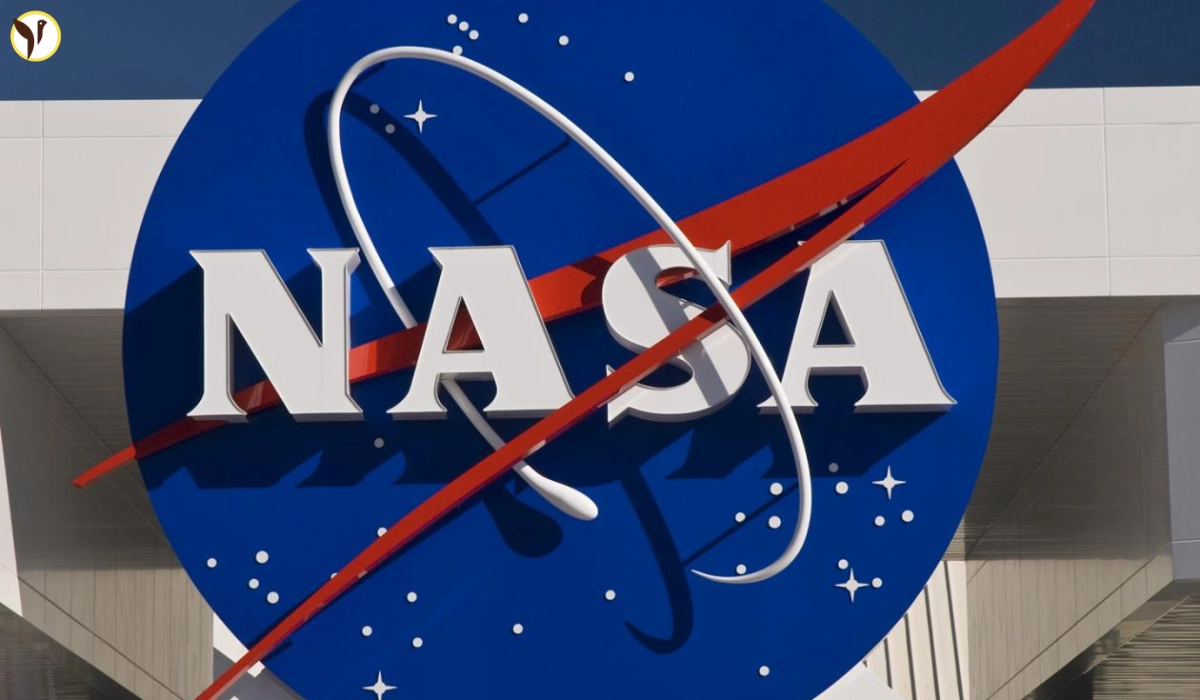NASA is anticipating a large workforce transition of over 2,100 employees who will exit the agency all at once. The senior ranking employees include engineers, scientists, and mission leads that work in NASA's most prolific missions - human spaceflight and Earth climate research are just a couple of examples.
The departures span GS-13 to GS-15 leaders, or employees that hold various levels of substantial competencies, experience, and leadership. They will leave NASA through early retirements, buyouts, and deferred resignations.
These employees will leave NASA following a proposed 25% budget cut to NASA for the financial year 2026, which if approved would reduce NASA to funding levels similar to the 1960's levels, As experienced staff and diminishing funding leave the agency there are concerns that future missions to the Moon and Mars may be delayed, erode U.S. leadership in space, and impair scientific research.
The changes will create concern within the science community, with a call for renewed support to ensure NASA's role in the world.
Over 2,145 senior employees will leave NASA due to early retirement, buyouts, and deferred resignations. The measures aim to reduce the workforce by 32%, from 17,391 to 11,853 employees, driven by proposed 24-25% budget cuts for fiscal year 2026. If insufficient numbers opt for…
— Riley (@riley1999) July 10, 2025
Leadership Shift as Sean Duffy Becomes Interim NASA Head
In the midst of the staff upheaval, President Trump has appointed Transportation Secretary Sean Duffy as the acting NASA Administrator.
Jared Isaacman, the original nominee, would, however, have to shelve his potential nomination due to potentially problematic ties to Elon Musk’s space companies.
Duffy is now taking over NASA at one of its most uncertain moments. NASA has been without a full Senate-confirmed Administrator since Janet Petro's interim term expired in July.
Duffy will have to help reshuffle during a time of vast staffing losses and deep budget cuts. Duffy has a lot of power in the coming days to decide which direction NASA takes in the short term.
Some critics argue that the leadership changes, coupled with significant known cuts to NASA's budget, will set back U.S. efforts on a variety of fronts, just as the global competition in space, and more importantly in human space travel, is intensifying, as the Chinese government expands its activities in space dramatically.
Supporters of NASA are also urging Congress to overturn the cuts in its current budget proposal to protect some of its most critical missions and retain human resources.









